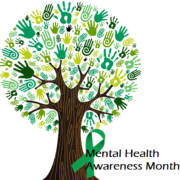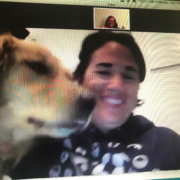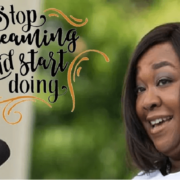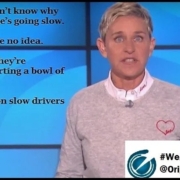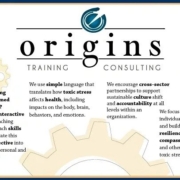When I was an adolescent and young adult, I struggled with depression. As I reflect back on that time, so much of what I was experiencing was deeply tied to coming to terms with my sexuality. Growing up in the 1980s in a relatively conservative town, I was closeted (even to myself) until I was a young adult. The pain and fear of being different, of not belonging, of being judged or rejected for being me was more than my adolescent brain could wrap its conscious head around. To protect myself from being “found out,” I often turned inward, keeping a safe distance from many.
In a talk by Gabor Mate, he says: “As a physician, I have witnessed and treated what we call mental illness; as a person, I have experienced it. I say ‘what we call mental illness’, because disease is a very narrow perspective from which to view a complex process, one that cannot be reduced to subjective symptoms, observed behaviors or to the biology of an individual human being’s brain and nervous system. Yes, this process entails suffering…But suffering is not the same as disease.”
I think a lot about the line ”suffering is not the same as disease” in terms of my own experience. Was my experience with depression a “mental illness”? Or was it suffering? Are they the same thing?
May is mental health awareness month. With the health and economic impacts of the pandemic continuing to grow, it certainly seems timely to raise awareness on the importance of mental well-being.
But what exactly is “mental health?” The National Institute of Mental Health defines its mission as “to transform the understanding and treatment of mental illnesses through basic and clinical research, paving the way for prevention, recovery, and cure.” But is mental health simply the absence of an illness?
We are only beginning to understand the long-term impacts of the collective trauma of the global pandemic.
And there is a lot of suffering.
As of May 20th, the official U.S. death count has passed 90,000 and continues to climb. Families and friends are often unable to say good-bye to their loved ones in person or grieve the loss in many of the ways people often do. Economic devastation and uncertainty are rampant. The US economy lost 20.5 million jobs in April alone. Widespread school closures have left many kids vulnerable while they are home with stressed out parents, often cut off from friends and community connections. The health and economic impacts of COVID-19 disproportionately affects communities of color, revealing and often amplifying underlying inequities.
Amidst this suffering, there is a window to reexamine how we think about and the language we use for mental health.
Psychiatrist and Holocaust survivor Viktor Frankl once wrote that “an abnormal reaction to an abnormal situation is normal behavior.”
That quote seems pretty relevant right now as we all respond to this collective trauma. For some of us, those responses might include behaviors such as short tempers, obsessively reading the news, or panic buying. Other responses might be more physiological–sleep disruptions, headaches, or upset stomachs. The science behind ACEs and a trauma-informed approach can help us understand these responses as normal responses to an abnormal situation. A trauma-informed approach recognizes that those responses are symptoms, often symptoms of underlying suffering.
As the impacts of the coronavirus continue to unfold, likely for years and even generations, the importance of emotional wellness for kids and adults should be a huge priority. But in doing so, let’s not pathologize our normal responses to a very abnormal situation. Grief is not an illness. Fear is not illness.
In the words of Gabor Mater, “Let’s all drop the pretense that we are either normal, or abnormal. We are all in the same support group: ordinary people who must deal with the struggles that come with being human.” And, as Origins co-founder Andi Fetzner likes to say, “being a human is hard.”
Amen.

